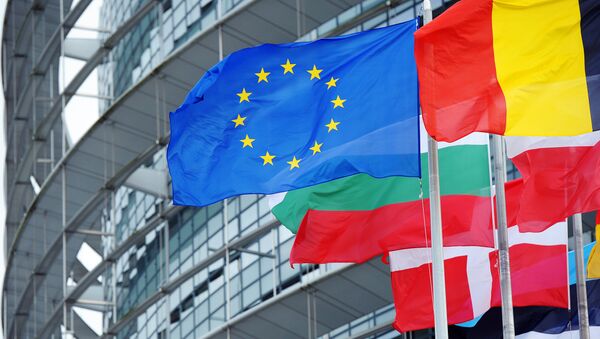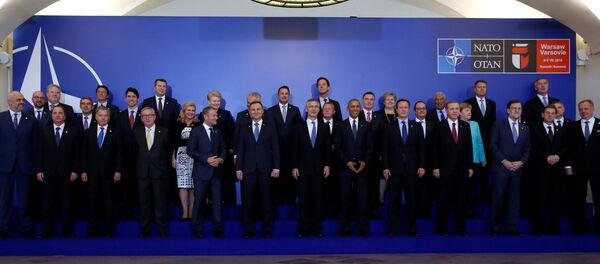The Irish leadership has so far distanced itself from the plans to establish an EU army. O'Colmain said that neutrality has always been one of the main principles of the Irish constitution and that the country's politicians won't be willing to violate it for the sake of creating a pan-European military alliance.
"From the Irish perspective neutrality has been a part of the Irish constitution since its independence, the formation of the Irish Republic. And that is a sacred sign for many Irish people. According to article 29 of the Irish constitution, the Irish state cannot participate in a pan-European military alliance. So that would cause a lot of problems for the Irish electorate," O'Colmain told Sputnik.
According to the expert, the main question in this regard is whether this move would change the geopolitics.
"I think the big question is, if the European Army is formed, will it really be a rival to NATO and what does that mean. Because if it is a rival to NATO, does it mean that it will be a rival to the United States? The United States has previously been in favor of a European Army. So, would that mean that Europe, for example, would reconfigure its foreign policy?," the expert suggested.
For now, there is a split among European politicians with regard to sanctions against Russia. There is great pressure on the EU leadership to soften its policy toward Moscow and, according to O'Colmain, there is a possibility that the EU countries might really change their political course.
According to O'Colmain, as Britain leaves the European Union, France seeks to assert its dominant position in the alliance. France, along with other countries such as Germany and Italy, wants to take a leading military role in Europe and therefore has been actively calling for the creation of a European army.
"I think the fact that the British have decided to leave the European Union sort of gives the French the leadership role in Europe," O'Colmain said.
Replying to the question of whether Ireland has a say in such important issues, the expert said: "The EU is essentially an administrative dictatorship, it ignores national parliaments. It does not allow them to have any say."



